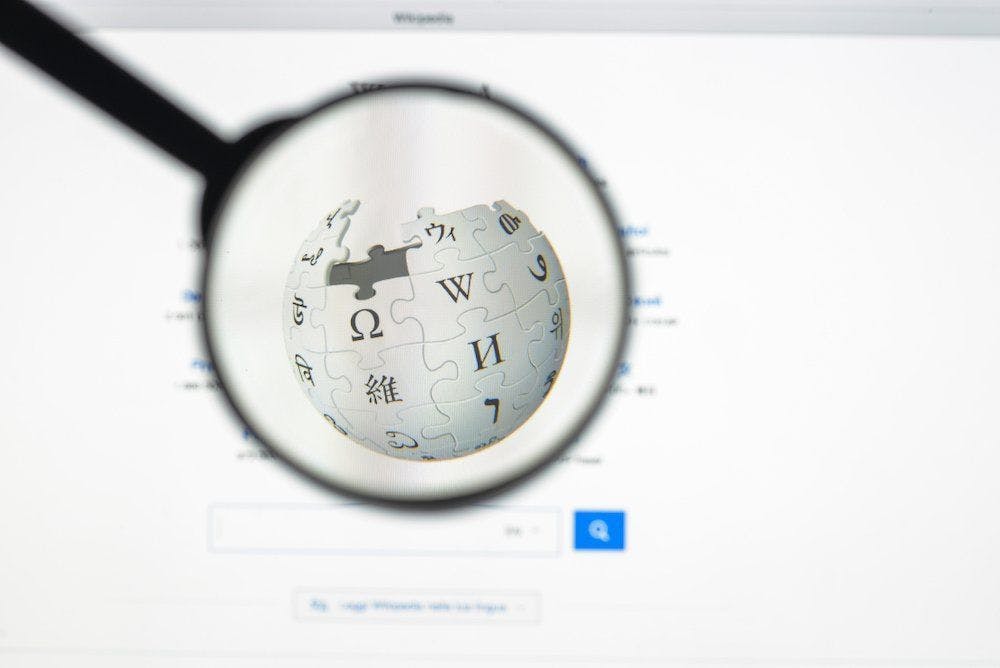1,600 reads
Wikipedia Sucks: There's a Solution by Wiki’s Real Daddy
by
September 3rd, 2021
Audio Presented by

A smiling survivor serving in ethical tech Termed "Stablecoin Queen" & “the heart of social impact blockchain.”
About Author
A smiling survivor serving in ethical tech Termed "Stablecoin Queen" & “the heart of social impact blockchain.”
